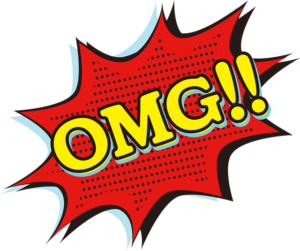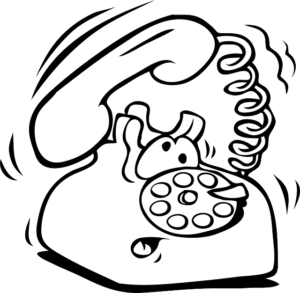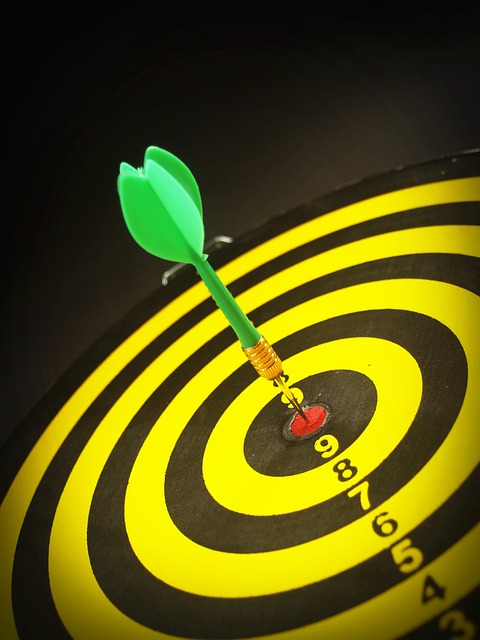Do you want to keep your readers turning the pages of your thriller novel? The clincher sentence is one key element of writing a gripping and engaging story. Clincher sentences keep your audience hooked on what could happen next while also adding suspense. This blog post will discuss the importance of clincher sentences and tips for writing powerful clinchers that leave your readers wanting more.
What is a clincher sentence, and why do you need them in your writing?
A clincher sentence is the last sentence of a paragraph that “clinches” or wraps up the point you’re trying to make. Without a clincher, your readers may not understand what you are saying. It’s also important to tie together all the points in your writing and create coherence throughout your work.
Writing an excellent clincher sentence can be challenging. Here are some tips to help you write an effective one:
– Clincher sentences should be sparingly throughout your novel and placed strategically to build suspense and anticipation.
– Use strong language. Choose words that are powerful and meaningful.
– Make sure that the clincher sentence provides enough information to keep readers wanting more but not so much that it spoils the surprise. For example, “And that’s not all! I have another surprise for you.”
– Avoid using cliches when writing your clincher sentences. Instead, make sure the sentence is creative, exciting, and unexpected.
– Be sure to make your clinchers short and punchy; one or two sentences will help readers stay engaged and focused.
-Be creative. Think outside the box; don’t always use the exact formulaic phrases to end your sentences.
– Create a sense of urgency. Let readers know why they need to act now or pay attention to your message.
– Make sure it relates to your argument. For example, your clincher sentence should connect all of your points.
By following these tips, you can write effective clincher sentences that will leave your readers wanting more.
There are three types of clincher sentences – the twist, the question, and the cliffhanger

Clincher sentences are most commonly found in the final sentence of a paragraph or chapter. Some thriller writers use clincher sentences as lead-ins to new chapters or at the end of an effective paragraph or key idea; others use them as cliffhangers at the end of a chapter.
Whichever way you choose to use them, clincher sentences are a vital tool for keeping your reader engaged and excited about your story.
The twist clincher
The twist clincher sentence provides an unexpected ending that turns the story on its head and keeps readers guessing. This can be a major plot twist or a subtle hint – either way, it should leave readers questioning what they thought they knew.
Ensure that the twist makes sense within the story’s context and themes – don’t just throw in a surprise for shock. For example, “I am your father.” It’s a sentence that takes the story in a new direction and leaves the listener/reader wanting to know more.
The question clincher
The question clincher leaves readers with unanswered questions, leading them to wonder what will happen next. An example of a question clincher sentence in a thriller would be “What is in the box?” This is suspenseful because it makes the audience wonder what could be in the box so important that someone would go to such great lengths to keep it hidden. Or, “What did he do with the body?” This critical question keeps the plot moving and engages the reader.
The cliffhanger clincher

The cliffhanger clincher teases a significant plot point or event, leaving readers hanging and eager to discover what happens next. For example, “The clock was ticking, and the stakes were high. With only seconds left to decide, she had to make the ultimate choice: save herself or risk it all for someone else. What would she do?”
Think about the purpose of your work and what you want readers to take away from it. Then, use strong words, urgency, and evidence to craft a thought-provoking clincher that will make an impact. Then, with practice and some creativity, you can create powerful closing statements that engage your audience and leave them intrigued. Finally, don’t forget to edit and revise your work for maximum impact. A well-crafted clincher can distinguish between a good piece of writing and a great one!
Clincher sentence examples in famous works of literature

“And so with the sunshine and the great bursts of leaves growing on the trees, just as things grow in fast movies, I had that familiar conviction that life was beginning over again with the summer.” – The Great Gatsby by F. Scott Fitzgerald
“After all, tomorrow is another day.” – Gone With the Wind by Margaret Mitchell
“It is never too late to be what you might have been.” – George Eliot
“The best and most beautiful things in the world cannot be seen or touched. They must be felt with the heart.” – Helen Keller
“Though no one can go back and make a brand new start, anyone can start from now and make a brand new ending.” – Carl Bard
“You must do the thing you think you cannot do.” – Eleanor Roosevelt
“Life is not measured by the number of breaths we take, but by the moments that take our breath away.” – Maya Angelou
“We must learn to live together as brothers or perish together as fools.” – Martin Luther King, Jr.
“You can never cross the ocean until you dare to lose sight of the shore.” – Christopher Columbus
“The only way to do great work is to love what you do.” – Steve Jobs
“The future belongs to those who believe in the beauty of their dreams.” – Eleanor Roosevelt
“If you want to lift yourself, lift someone else.” – Booker T. Washington
“Life is 10% what happens to you and 90% how you react to it.” – Charles R. Swindoll
“Success is not final; failure is not fatal: It is the courage to continue that counts.” – Winston Churchill
“Successful people do what unsuccessful people are not willing to do. Don’t wish it were easier; wish you were better.” – Jim Rohn
Here is a longer sentence:
“He smiled understandingly—much more than understandingly. It was one of those rare smiles with a quality of eternal reassurance in it that you might come across four or five times in life. It faced—or seemed to face—the whole external world for an instant, and then concentrated on you with an irresistible prejudice in your favor.” – The Great Gatsby by F. Scott Fitzgerald
The concluding sentence in The Great Gatsby by F. Scott Fitzgerald: “So we beat on, boats against the current, borne back ceaselessly into the past.”
Conclusion
By employing one of the three clinchers – the twist, the question, or the cliffhanger – you can keep your reader engaged and dying to discover what happens next. With these tips in mind, you should be well on your way to writing an excellent clincher sentence that will leave your readers wanting more.
If you’re working on your first novel and are looking for more help with your writing, please check out my other writing articles at https://ullahakanson.com/blog/
Good luck!
Ulla

